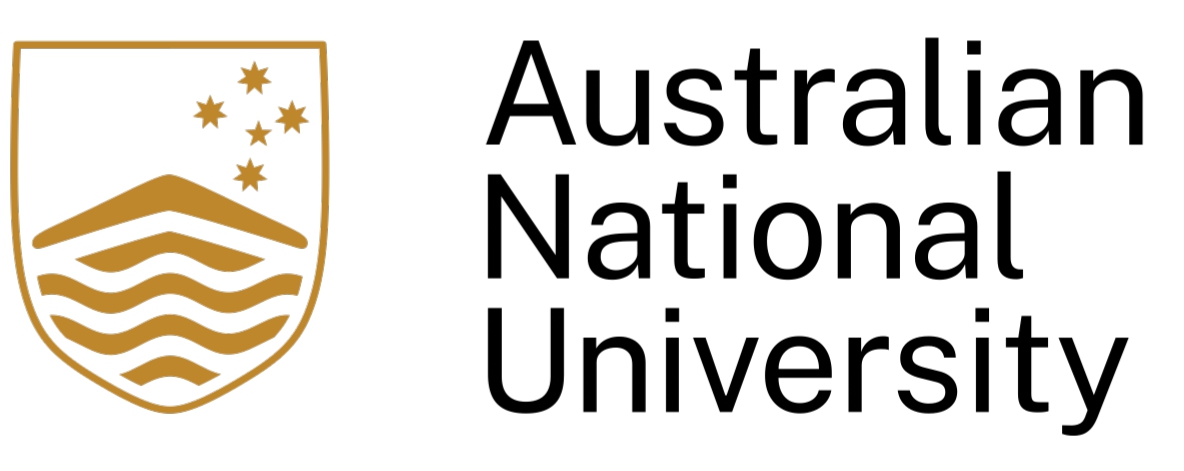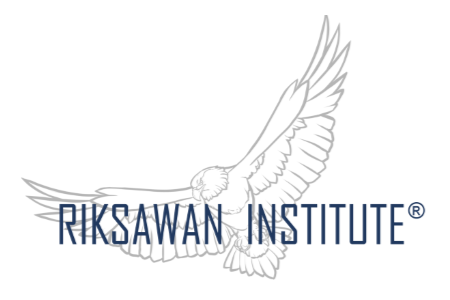Mechanisms of United Nations Human Rights Institutions in the Protection of Human Rights
Abstract
This article aims to study the scope of the United Nations’ work in the protection of human rights by analyzing the measures taken by the United Nations to contribute to the protection of human rights from violations and the impact of these measures on human rights conditions. The method is an analytical legal study. The results indicated that the United Nations has adopted several mechanisms and procedures to monitor human rights violations and reveal the perpetrators. To implement these mechanisms, the United Nations established the Human Rights Council, the Office of the High Commissioner for Human Rights and the core human rights treaty bodies. These institutions work permanently in the field of human rights all over the world. It also establishes commissions of inquiry or fact- finding missions, as needed, to operate temporarily and in specific areas. Human rights protection mechanisms include several procedures, including making recommendations to enhance the implementation of human rights, issuing periodic reports on the human rights situation around the world, as well as activating complaints procedures, special procedures, universal periodic review. In addition to provide the necessary technical and financial advice and assistance to support programs to promote the practice of human rights. However, the recommendations issued by the United Nations bodies in relation to human rights remain non-legally binding documents, as states have a moral obligation to implement them. But the recommendations and reports issued in the field of human rights by the United Nations human rights institutions determine the position of each state in its contribution to protection of human rights and put pressure on it by public opinion. In the event of gross violations of human rights that threaten international peace and security, the Security Council has the authority, in accordance with the Charter, to intervene in punitive and repressive measures against states that seriously violate human rights.



.jpg)
.jpg)
.jpg)
.jpg)


.jpg) .
.

.jpg)

.jpg)

.jpg)




